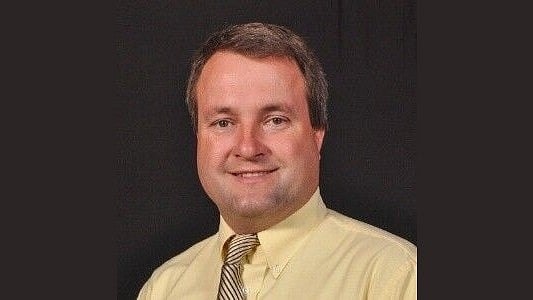Data Management
(US & Canada) VIDEO | Data Governance Should Feel Like a Larger Cause — US Fish and Wildlife Service CDO
Written by: CDO Magazine Bureau
Updated 7:10 PM UTC, Thu January 11, 2024

(US and Canada) Dr. Jason Duke, Chief Data Officer at the U.S. Fish and Wildlife Service, speaks with Adita Karkera, Deloitte Chief Data Officer for Government and Public Services, about his role as CDO, data governance and its challenges, and the importance of culture change.
Duke begins by stating that the Chief Data Officer position at the U.S. Fish and Wildlife Service, reports to the Information Resources Administration Program (IRTM), the agency’s IT program. Explaining the role further, he says, the CDO oversees a data governance board inclusive of data professionals and users across the organization.
As CDO, Duke works on many data matters, such as metadata and data catalogs, repositories, data management plans, and data sharing agreements with other agencies, bureaus, non-government organizations, and public entities. He is responsible for ensuring correct data usage and resolving issues.
Highlighting the data governance board, Duke states that it comprises senior staff and leaders, which is necessary because, at times, the subject matter experts know what should happen but do not have the power to implement decisions. He asserts that the senior leaders in the data governance board are then advised by the data science committee.
Delving further, Duke mentions that the data science committee breaks into smaller sub-teams to research topics such as state-sharing agreements, contract language, and any semantic differences in terminology. The committee consists of almost one hundred Fish and Wildlife Service staff and serves as the research arm of the data governance board. The CDO serves as its chair.
Emphasizing challenges, Duke argues that for good governance, organizations require good policies and effective standards. When it comes to data, these standards must be reviewed and updated frequently. Citing an example, he mentions having a policy that might require producing data that has metadata and is stored in an approved repository. Adding on to the challenges, he mentions having multiple presidential memos, executive orders, and different acts and legislation that add complexity to the mix and make it hard to govern data.
Moving forward, Duke notes that the U.S. Fish and Wildlife Service is fortunate to have professional staff and biologists with extraordinary intelligence. He recognizes that more educated people end up working their way, which adds to the challenge.
Duke reckons that people contributing to data governance should feel like they are contributing to a larger cause. Therefore, he continues, governance is an effective way to track what is collected, find it, and maintain standards to keep the quality high.
Furthermore, he advocates the importance of culture change in the workplace. Duke explains that it is challenging to form a unified culture with around 9,000 staff spanning different universities and backgrounds. He notes that the way each one collects and approaches data is different. Culture change is an approach to get everyone to see that by working together, they can do better for the resources that they protect.
Pitching culture change further, Duke states that on retiring, a person would want his knowledge to live on for his peers to use, and that requires culture change and data management.
Next, Duke refers to the mobile workforce born out of the pandemic that has to be equipped with an open data culture encouraging collaboration regardless of device and boundaries.
Sharing his success story, the CDO talks about updating a 12-year-old management policy. He affirms that to increase data literacy, the company created a data management handbook written by over a hundred people using terms novices understand. The goal is to make understanding data management possible and create organizational data literacy.
CDO Magazine appreciates Jason Duke for sharing his invaluable insights with our global community.


